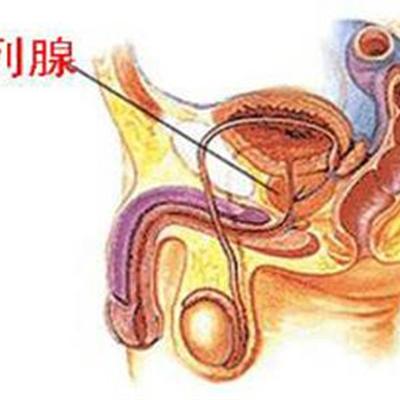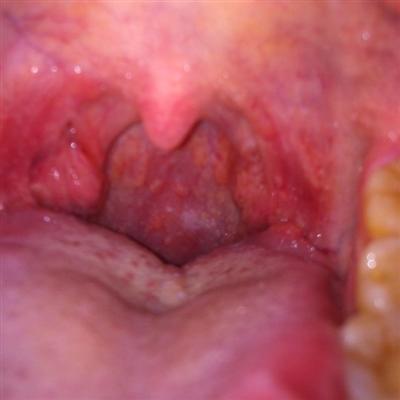What symptom is lung cancer metaphase?
summary
Lung cancer is the leading cause of cancer death in the world. In 1995, 600000 people died of lung cancer in the world, and the number is increasing every year. The incidence of lung cancer in women is especially on the rise. Most of the patients are over 40 years old, and the peak age is between 60 and 79 years old. The prevalence rate of male and female was 2.3:1. Race, family history and smoking have influence on the incidence of lung cancer. Mid term manifestations of lung cancer symptoms? Let's talk about it.
What symptom is lung cancer metaphase?
1. Edema of face and neck. On the right side of the mediastinum is the superior vena cava, which transports venous blood from the upper limbs and head and neck back to the heart. If the tumor invades the right side of the mediastinum and compresses the superior vena cava, the jugular vein will be inflamed at first due to poor return flow, and finally lead to facial and neck edema, which needs timely diagnosis and treatment;
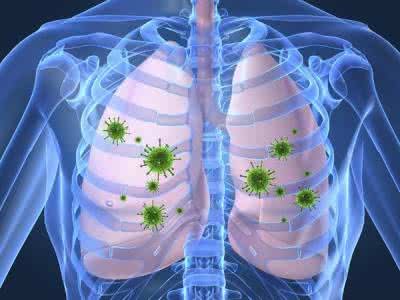
2. Shortness of breath. Almost all lung cancer patients with regional spread have different degrees of shortness of breath. The normal tissue fluid produced by the lungs and myocardium is returned from the lymph nodes in the middle of the chest. If these lymph nodes are blocked by the tumor, the tissue fluid will accumulate in the pericardium to form pericardial effusion or in the chest to form pleural effusion. Both can cause shortness of breath. However, it is difficult to identify shortness of breath because many smokers have different degrees of chronic lung disease. In addition, due to the loss of respiratory function due to the growth of tumor in some lung tissues, the whole respiratory function is damaged, resulting in respiratory discomfort. This kind of discomfort is only produced during exercise at first, and can be felt even at rest at last.
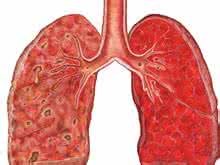
3. Chest pain or discomfort. Chest fullness, pain or pressure can be aggravated when exerting force, changing posture, coughing or deep breathing. Sometimes it radiates to the neck, back or upper abdomen. Invasion, compression or stimulation of mediastinum, pleura, nerve plexus, intercostal nerve, trachea, bronchus, pulmonary vessels and hilar tissue can cause chest pain.
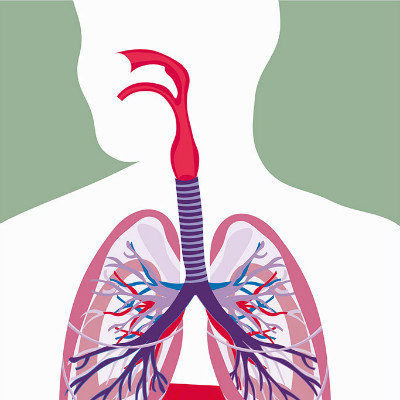
matters needing attention
It is very important for patients with advanced lung cancer to improve the immune function and enhance the resistance to tumor. In terms of diet, patients with advanced lung cancer should eat more food that can enhance the body's immunity and anti lung cancer effect, such as Coix, yam, jujube, etc.

